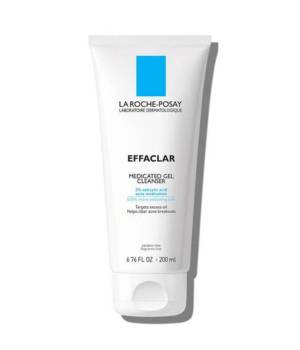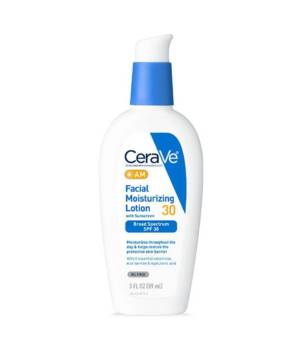BUTYLATED HYDROXYTOLUENE
TYPE OF INGREDIENT
Antioxidant, preservative
COMMONLY FOUND IN
Moisturizers, creams, shampoos
WHAT ARE THE BENEFITS OF BUTYLATED HYDROXYTOLUENE?
Butylated hydroxytoluene (BHT) has antioxidative properties, which help maintain the product’s quality, color and smell while promoting longevity. BHT works synergistically with other preservatives, enhancing their antimicrobial effects.
WHAT IS BUTYLATED HYDROXYTOLUENE?
BHT is a lipophilic, toluene-based compound used as a preservative in food and cosmetic products. Its primary function is to prevent the oxidation of fats and oils, thereby maintaining product stability.
IS BUTYLATED HYDROXYTOLUENE SAFE FOR ALL SKIN TYPES AND TONES?
Yes, BHT is safe for all skin types and tones.
CONTRAINDICATIONS
BHT may have a role as an endocrine disruptor and can cause liver damage at high doses. To prevent these toxicities, BHT is heavily regulated. Additionally, BHT has a negative environmental impact and is being increasingly replaced by more eco-friendly alternatives, such as rosemary extract and vitamin E.
Sources:
Lanigan RS, Yamarik TA. Final report on the safety assessment of BHT(1). Int J Toxicol. 2002;21 Suppl 2:19-94.
SCCS Members. Electronic address: SANTE-SCCS@ec.europa.eu; Granum Rapporteur B, Bernauer U, Bodin L, Chaudhry Q, Pieter Jan C, Dusinska M, Ezendam J, Gaffet E, Galli CL, Panteri E, Rogiers V, Rousselle C, Stepnik M, Vanhaecke T, Wijnhoven S; SCCS External Experts; Koutsodimou A, Uter W, von Goetz N. SCCS scientific opinion on Butylated hydroxytoluene (BHT) – SCCS/1636/21. Regul Toxicol Pharmacol. 2023 Feb;138:105312.



